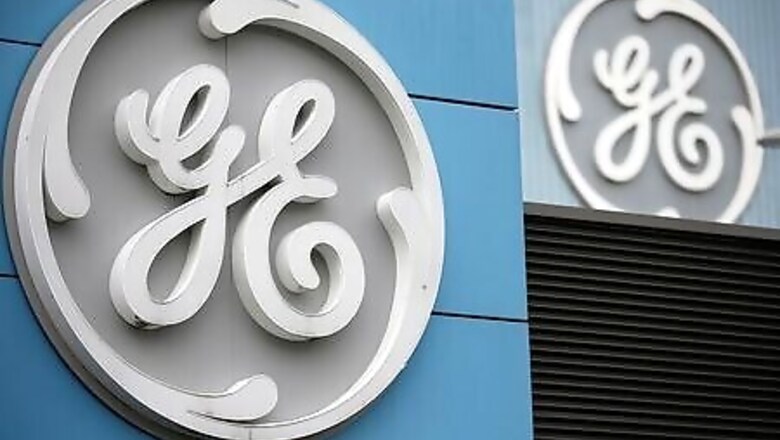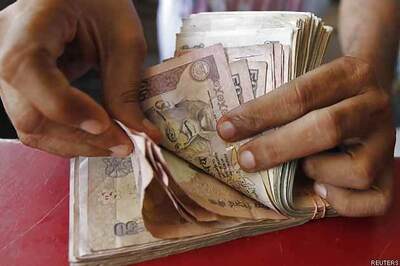
views
General Electric Co saw less cash outflow than estimated in the second quarter, even as the coronavirus pandemic pummeled demand in its aviation business, resulting in a wider-than-expected quarterly loss.
The Boston-based industrial conglomerate reported cash outflow of $2.1 billion from industrial operations, a tad lower than a quarter ago and considerably below its own estimate of between $3.5 billion and $4.5 billion for the quarter.
“We’ve started to see some early signs of improvement in June and July,” said Chief Executive Lawrence Culp said. “Nonetheless, we remain cautious going into the second half, given the uncertainty associated with the pandemic.”
Shares were up 1.9% at $7.02 in premarket trading.
Aviation is GE’s largest, most profitable and most cash- generative business segment. The pandemic, however, has brought global travel to a virtual halt, exacerbating the troubles for the unit that was already struggling with the grounding of Boeing’s 737 MAX planes, for which it makes engines.
The unit reported a quarterly loss of $680 million on the back of a 44% drop in revenues. Orders were down an annual 56% during the quarter.
While the company sees a slow recovery in the aviation business, it expects free cash flow to be better in the second half of the year and turn positive in 2021.
With the pandemic-induced economic recession hammering sales, companies are focusing on improving decremental margin, or the effect a decline in sales has on income, by cutting costs.
GE is cutting 25% of the global workforce at its aviation unit this year. The cuts helped improve decremental margin at the unit to 59% from 62% in the first quarter.
Analysts at Gordon Haskett Research Advisors, however, dubbed the progress as “weak”, warning the lagging impact of the pandemic could further hurt the performance of the services part of GE’s aviation business in the third quarter.
GE said it is launching a program to fully monetize its stake in Baker Hughes over about three years.
On an adjusted basis, GE reported a loss of 15 cents per share, compared with a profit of 16 cents a share last year. Analysts on average expected a loss of 10 cents per share, according to IBES data from Refinitiv.
Revenue declined 24% year-on-year to $17.7 billion.
Disclaimer: This post has been auto-published from an agency feed without any modifications to the text and has not been reviewed by an editor


















Comments
0 comment